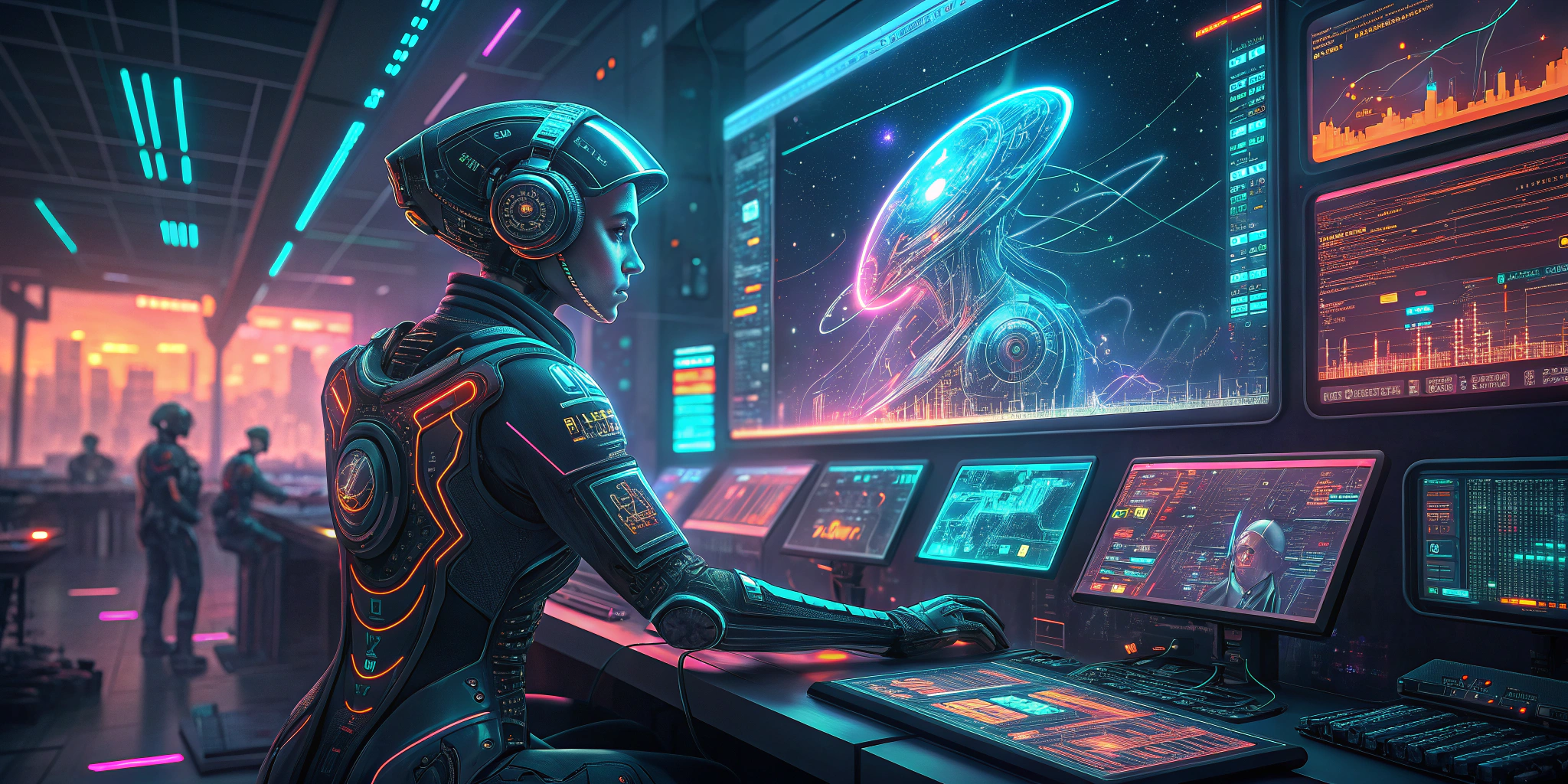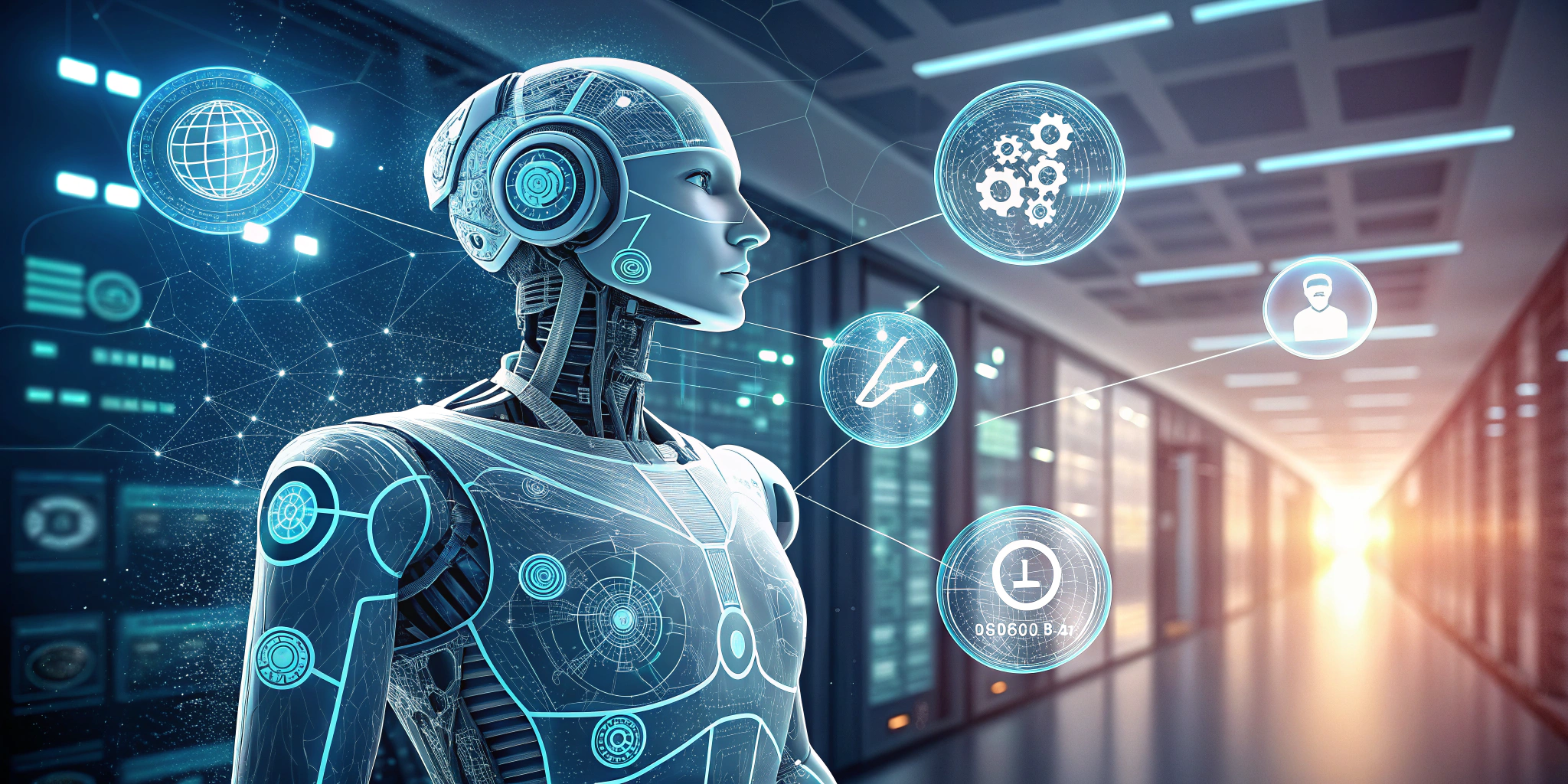AI Agents: Revolutionizing the Digital Age

AI Agents: Revolutionizing the Digital Age
AI agents are at the forefront of technological innovation, driving automation, efficiency, and intelligent decision-making across a wide array of industries. These intelligent systems have become essential in fields like customer service, healthcare, and finance, paving the way for unprecedented growth and transformation.
Understanding AI Agents
AI agents are sophisticated software programs that autonomously perform tasks through machine learning and data analytics. They analyze environments, process information, and make informed decisions, proving invaluable across various fields.
Key Applications of AI Agents
- Customer Support: AI agents provide real-time assistance, enhancing customer satisfaction by resolving inquiries and delivering personalized experiences.
- Healthcare: In healthcare, AI agents assist in diagnostics, manage patient data, and recommend treatments, leading to improved accuracy and efficiency.
- Finance: These agents automate trading, manage risks, and detect fraud, ensuring secure and optimized financial operations.
- Marketing: By analyzing consumer behavior, AI agents help tailor marketing strategies, boosting engagement and driving business growth.

Despite the significant advantages, AI agents pose challenges such as data privacy concerns and potential biases in algorithms. Ethical considerations and transparency are crucial for ensuring that these systems operate fairly and responsibly.
The Future of AI Agents
With advancements expected in natural language processing, predictive analytics, and human-agent collaboration, the future of AI agents is promising. These developments will further enhance their capabilities, offering more personalized and efficient services across industries.
Conclusion
AI agents are reshaping the technological landscape, offering innovative solutions that pave the way for the future of various industries. As these systems become more integrated into our everyday lives, they will continue to drive significant change and drive efficiency across multiple sectors.



